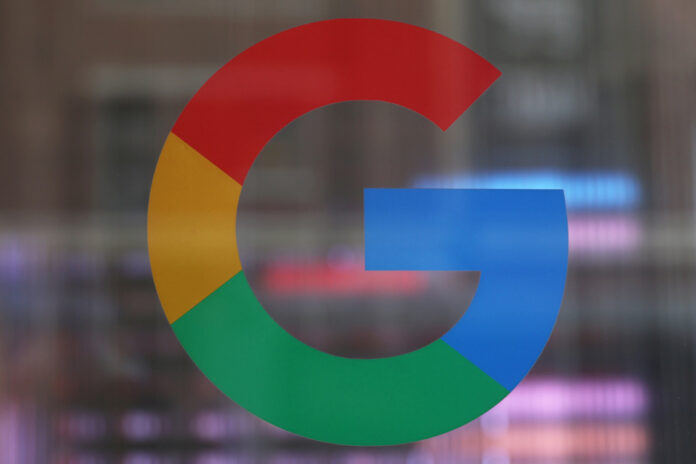(Ottawa) Web giants that have an aggregate turnover of at least C$1 billion per year and have 20 million unique users per month in Canada will be subject to the Digital News Act as of of December 19.
These web giants — primarily Meta and Google — will have to pay royalties to Canadian media outlets if they share content produced by those outlets on their platforms, according to regulations to frame the new law that were released by the federal government on Friday. These royalties, which will have to be negotiated, could reach around $230 million a year — $172 million in the case of Google and $62 million in the case of Meta, according to calculations by the Department of Heritage.
But the Canadian media may never see the color of this money if, as Meta has already done since August 1, the web giants decide to block access to Canadian news to avoid the obligations arising from this law.
Because the new law will only apply to digital companies that broadcast content produced by Canadian media on their platforms.
Meta and Google fiercely oppose this law. In protest, Meta decided to block access to Canadian news on its platforms (Facebook and Instagram) last month even though the law is due to come into force in December. Google has also brandished this threat, but the search engine has not yet implemented it.
According to senior officials from the Ministry of Heritage, the publication of these regulations should respond to certain criticisms made by the web giants, in particular by providing predictability and the amount of royalties that could be involved.
They explained that platforms may be exempt from the law if they enter into agreements deemed fair with Canadian media. Otherwise, they will have to submit to a mandatory negotiation process that will take place under the aegis of the CRTC.
They admitted that the law may not apply to any platform if Meta and Google decide to no longer share Canadian news.
The publication of these regulations kicks off a 30-day consultation period during which the web giants will be able to express their comments. Meta has already made it known that these regulations do not address its objections. In addition, the company has little intention of participating in the consultations.
“As we have communicated directly to the government, the regulatory process is unable to address the fundamentally flawed premise at the heart of the Online News Act. The legislation is based on the false claim that Meta benefits unfairly from news content shared on our platforms. The regulations proposed today will have no impact on our business decision to end the availability of information in Canada,” a Meta spokesperson said Friday.
For its part, Google has indicated that it wants to take the time to review the regulations. “We are carefully reviewing the proposed regulations to assess whether they address the major structural challenges of Bill C-18 that unfortunately were not addressed during the legislative process,” a Google spokesperson said.
The regulations also provide that compensation paid to the media may include monetary and non-monetary contributions. It will also be possible to take into account the prior agreements concluded between the web giants and the press companies.
The agreements that would eventually be reached should “protect the journalistic independence and the editorial process” of the Canadian media.
The Trudeau government claims to have been inspired by the example of Australia to concoct a formula for calculating royalties. This formula is somewhat complex: (global web giant revenue) X (Canadian share of global GDP) X (4% contribution rate). Essentially, this would ensure a contribution that does not deviate by more than 20% from the average compensation provided in all agreements.
In a presentation to the media, senior officials noted that digital platforms play a “critical role in the news ecosystem in Canada and are changing the way Canadians access news sources.” In fact, 69% of Canadians read news online, and only 11% of Canadians pay for the news they read online. The catch is that 80% of online ad revenue, which was $14 billion in 2022, ends up in the coffers of Google and Meta.
“Canadians rely on digital platforms to access news and follow current affairs. These platforms must act responsibly and support the sharing of news, because they benefit as much as Canadians. The Online News Act requires these dominant platforms to negotiate fairly with news companies, whether large or small,” Heritage Minister Pascale St-Onge said in a press release.
“The tech giants can and should provide their fair share, nothing more. Canadians are demanding a dynamic information landscape that allows them to get the facts when they need them,” she added.















